Latst News and Blog
Staying proud
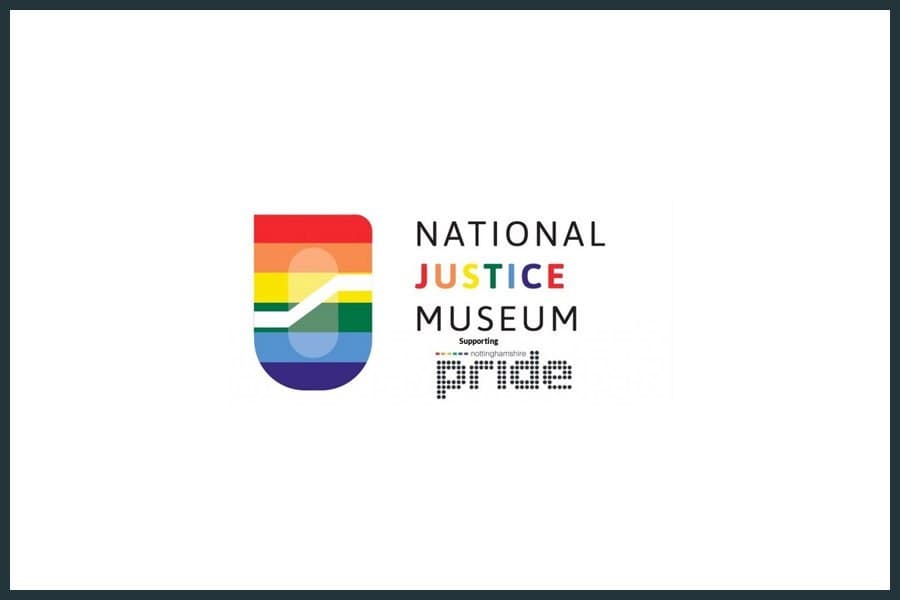
24/02/2020
Since humble beginnings in 1970 to commemorate the Stonewall riots of 1969, Pride has sought to celebrate, unite and provide a platform for the LGBTQ+ community. With so many changes within legislation and human rights, the question has emerged in recent years; why is Pride still relevant?
Some argue that the rise in acceptance and greater visibility of LGBTQ+ issues and people means that Pride is becoming outdated and has lost its meaning. Pride now takes many forms, with numerous events happening worldwide which speak to all members of the community, seeking to represent the vast diversity of the LGBTQ+ community. However, in order to answer the question of Pride’s relevance it’s important to look at the origins of it, and who was at the forefront of the movement.
In the early hours of 28 June 1969, the police raided the Stonewall Inn, a well-known gay bar in New York City. Tired of the police brutality and persecution that they were facing daily the LGBTQ+ community fought back, which began the Stonewall riots. The two people at the forefront of this were Marsha P. Johnson and Sylvia Rivera, two trans women who were activists and respected members of the community. Johnson is noted as ‘throwing the first brick’ at Stonewall, an act of defiance and courage which sent a strong message to the law that LGBTQ+ people would no longer stand for the abuse and injustice that had become commonplace.
A year later the first Pride march took place; a gathering of a few hundred people to commemorate the Stonewall riots and campaign for equal rights. This sparked greater political activism with the rise of the Gay Liberation movement, which would then shift into a wider movement which encompassed and represented all members of the LGBTQ+ community.
In the UK Homosexuality had only been partially decriminalized in 1967, with the age of consent for same sex couples remaining at 21, significantly older than the heterosexual age of consent. In the early 70s activists Aubrey Water and Bob Mellor flew to New York and attended the Black Panthers Revolutionary Peoples’ Convention, where for the first-time delegations from the women’s and gay rights movements had been invited. Drawing inspiration from the Black Panther movement, they returned to the UK and began the Gay Liberation Front. Following this, the UK’s first gay Pride took place in London in 1972. People from the LGBTQ+ community attended and marched in an act of defiance and courage, signaling to the world that they not only exist but are proud of their identities.
In the time since these first Pride marches and the formation of various LGBTQ+ activist groups, we have seen huge worldwide developments in legislation and equal rights: the decriminalization of same sex relations, the repeal of Section 28, the Gender Recognition Act and the Equalities Act to name a few. We have seen intersectionality and the issues of visibility addressed within our own communities and internationally, so that everyone is represented and can feel pride in their identity.
With all these incredible leaps forward, many wonder why events such as LGBTQ+ History Month and Pride are still needed. The answer? There’s still work to be done. As a community we still face prejudice, discrimination and social isolation, and it is our responsibility to educate and support our communities, young and old, so that the world is a safe place for everyone regardless of sexual orientation and gender identity. In my opinion, we must also celebrate our successes and champion the people who worked so hard to achieve these milestones; activists who defied the law and societal norms in order to campaign for justice and equality. As much as Pride is a celebration, it will always remain political, as long as our (LGBTQ+ peoples’) existence remains political. We should also stand with those around the world who haven’t yet achieved equality or the decriminalization of their existence, of which there are still 73 countries worldwide.
On reflection, the development of LGBTQ+ rights and the various political movements throughout history shows us that by standing together to defend human rights, change does happen. Whether this was the Gay Liberation Movement marching with Women’s rights and Black rights groups such as the Black Panthers, to the unlikely relationship which sparked Lesbians and Gays Support the Miners, compassion and action for human causes will always provoke lasting and meaningful change.
Written by Michael Radford, Learning Officer at the National Justice Museum
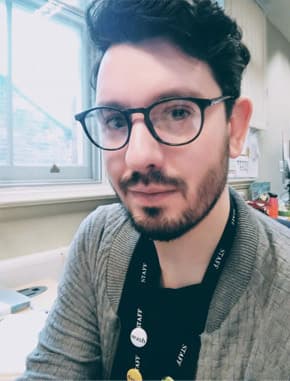
OTHER NEWS
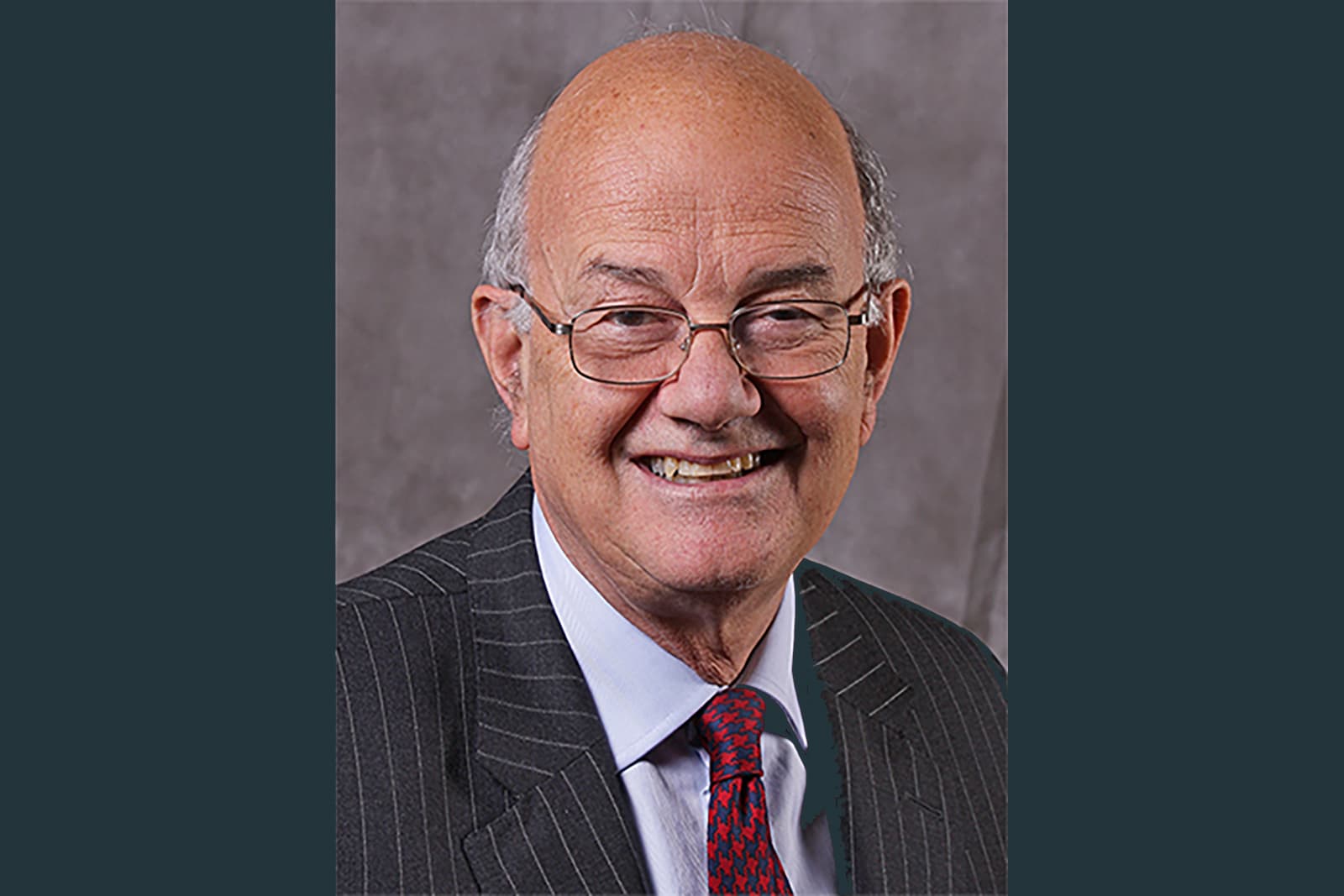
National Justice Museum celebrates the life of its patron Lord Judge
National Justice Museum celebrates the life of its patron Lord Judge. Lord Judge was the former Lord Chief Justice of England and Wales and patron of our organisation.
Read more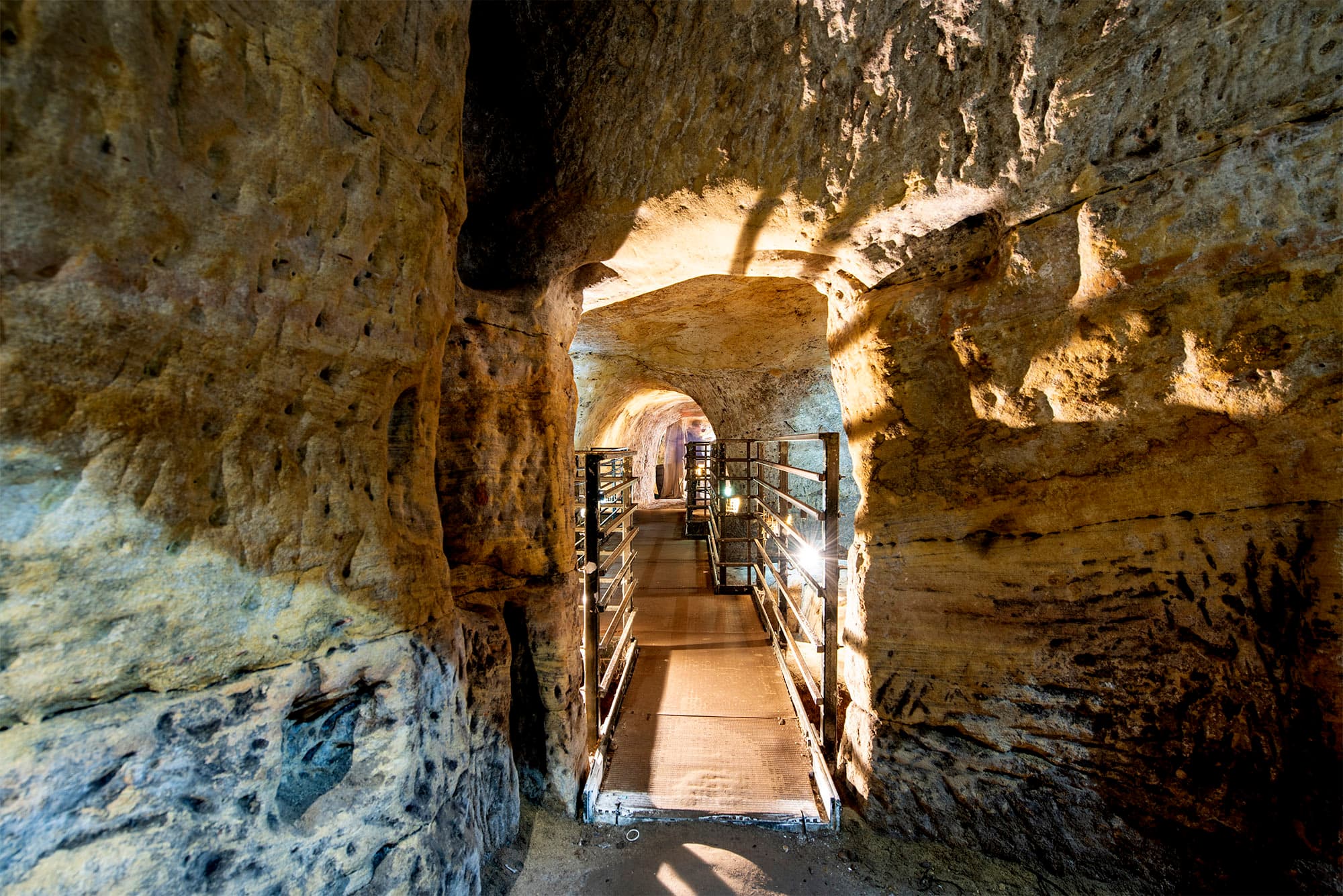
National Justice Museum and City of Caves Recognized as Tripadvisor® 2023 Travellers’ Choice® Award Winners
Two iconic Nottingham attractions, the National Justice Museum and the City of Caves, today announced they have each been recognized by Tripadvisor as a 2023 Travellers’ Choice award winner. The coveted award celebrates businesses that have consistently received great traveller reviews on Tripadvisor over the last 12 months, placing these winners among the 10% of all listings on Tripadvisor globally.
Read more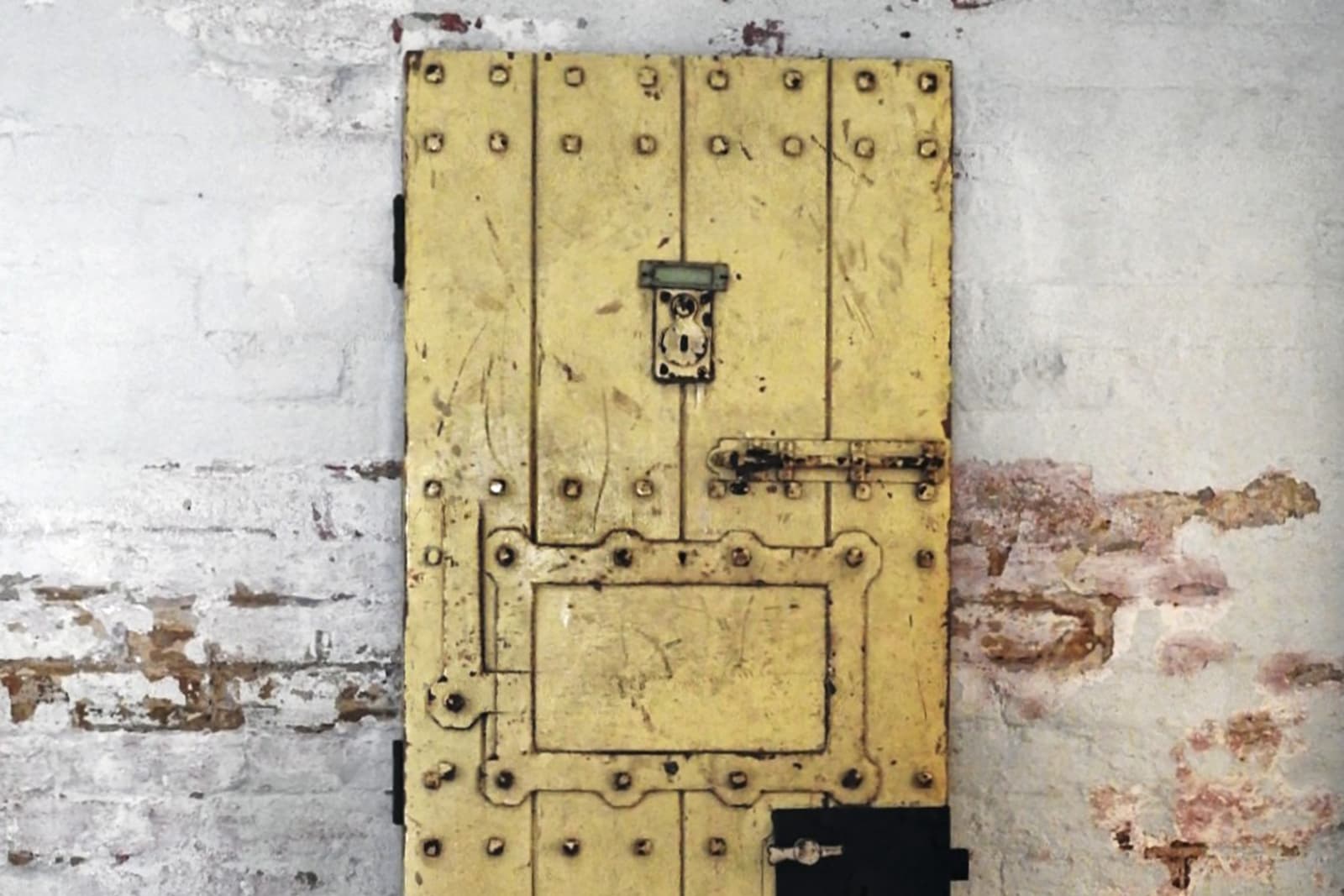
An iconic piece of LGBTQ+ history returns to public display at the National Justice Museum
Oscar Wilde’s cell door from Reading Gaol, where he was incarcerated for “gross indecency”, was previously loaned to Queer Britain in London
Read more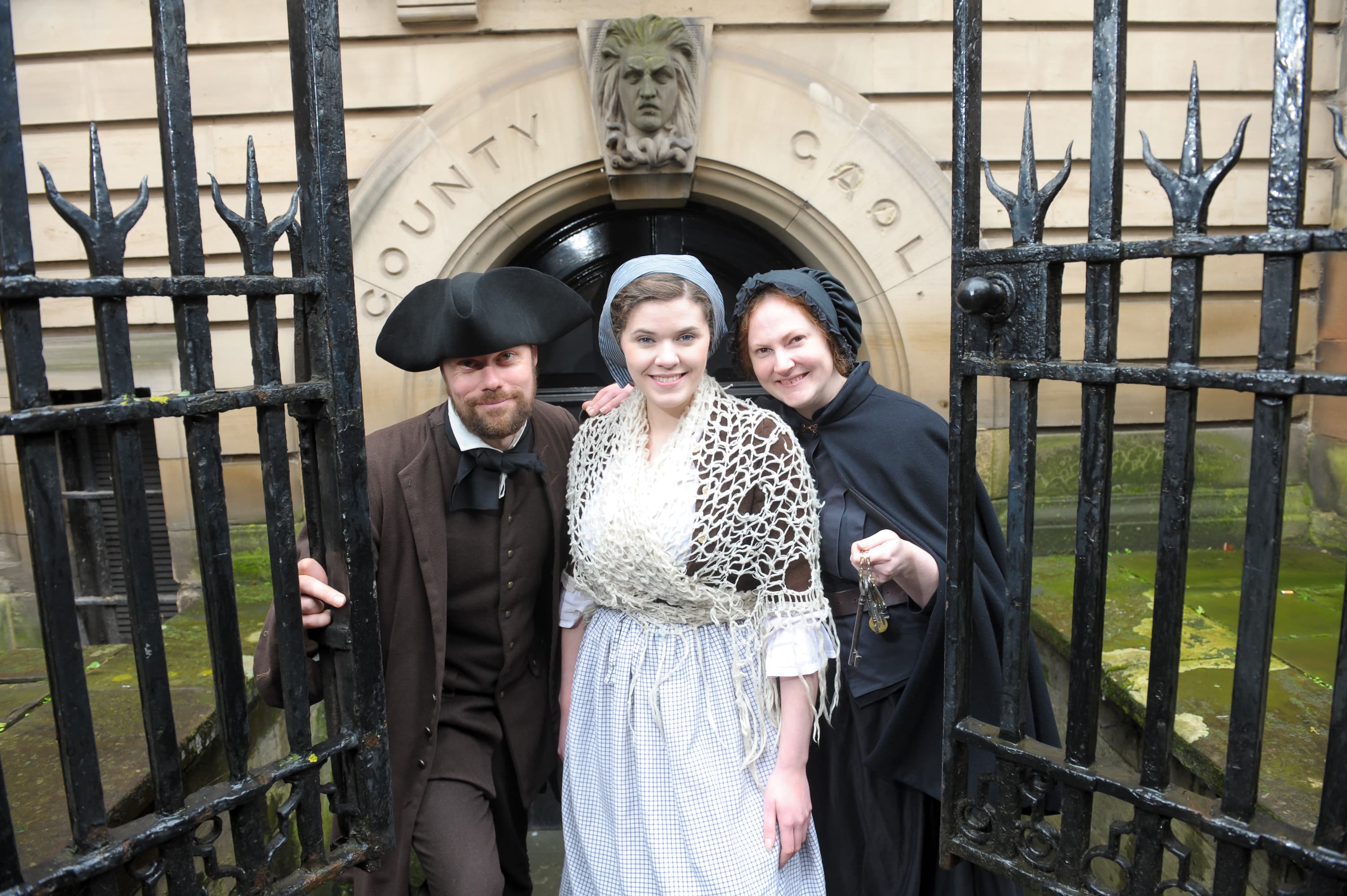
National Justice Museum is awarded a £249,996 grant by The National Lottery Heritage Fund
The funding will allow the iconic Nottingham venue to create new job roles, deliver more workshops across the country, and create a brand-new escape room attraction.
Read more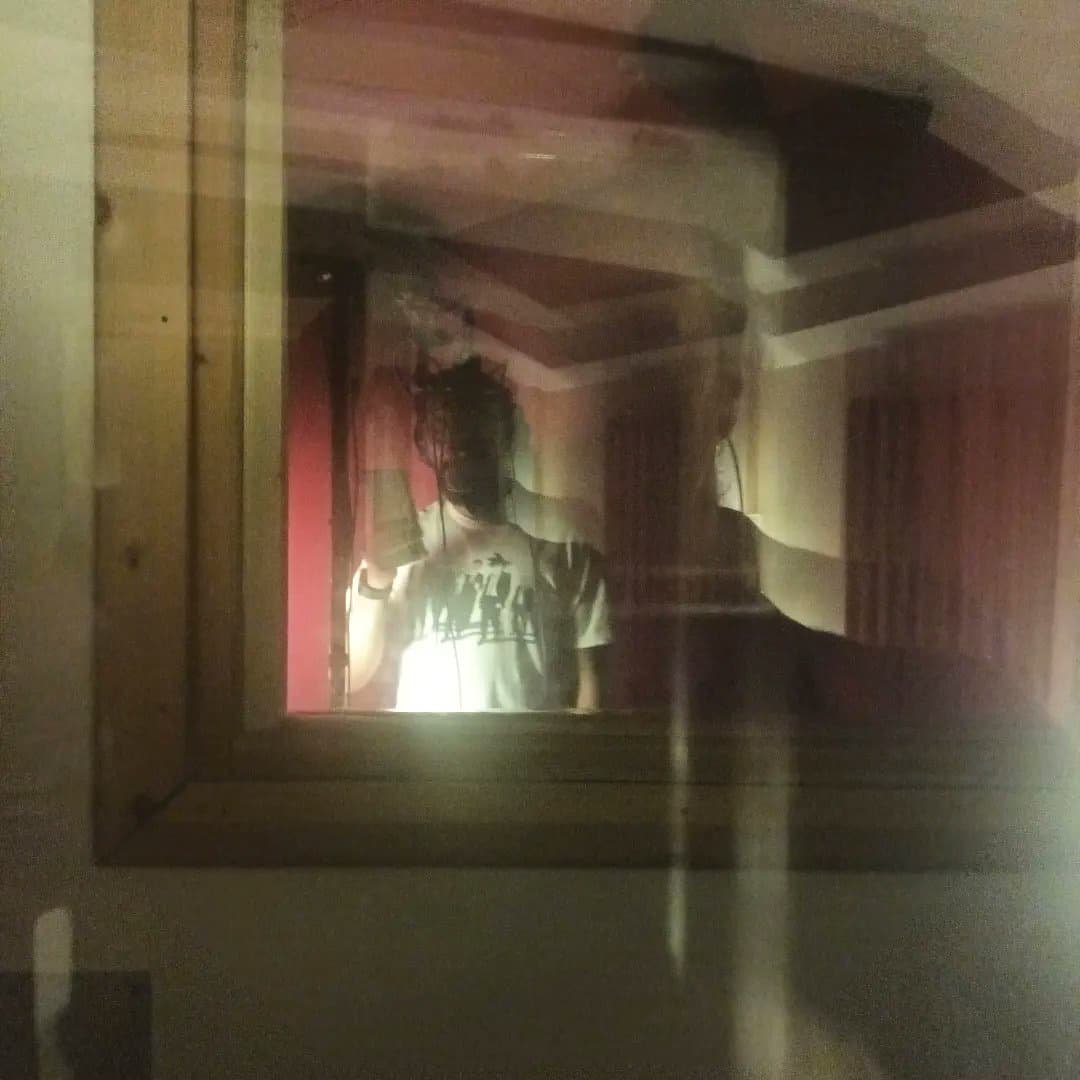
Immersive, site-specific performances come to the National Justice Museum for one day only
Four experimental performances will be scattered throughout the historic gaol for curious visitors to find
Read more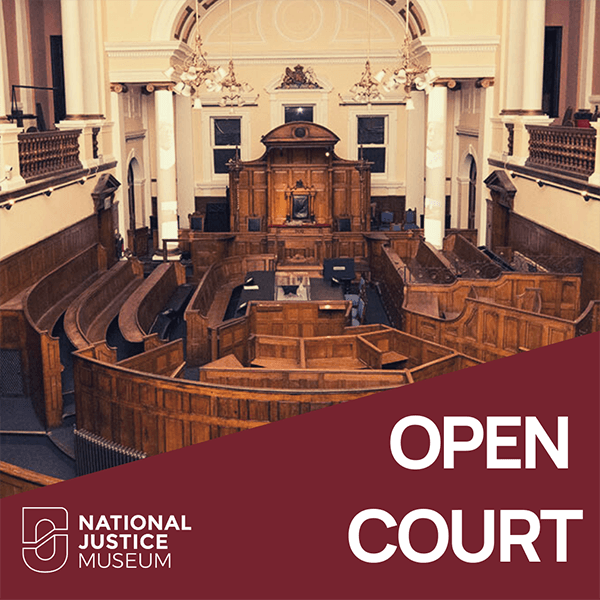
National Justice Museum's Open Court podcast back for a second season
Retired Judge and former Barrister John Burgess leads a series of interviews taking you behind the scenes of the Justice system
Read more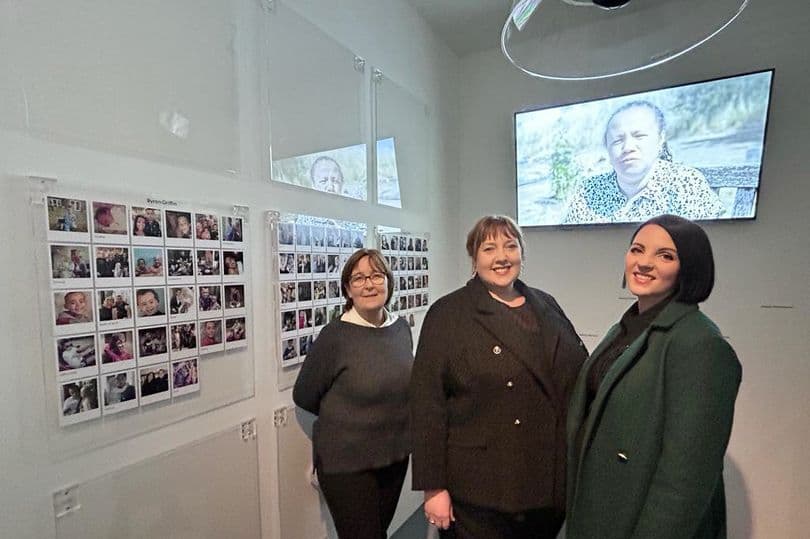
Family devastation brought closer to home in knife crime prevention workshops
The heart-breaking accounts of Nottinghamshire families who lost loved ones to knife crime will be added to an award-winning workshop.
Read more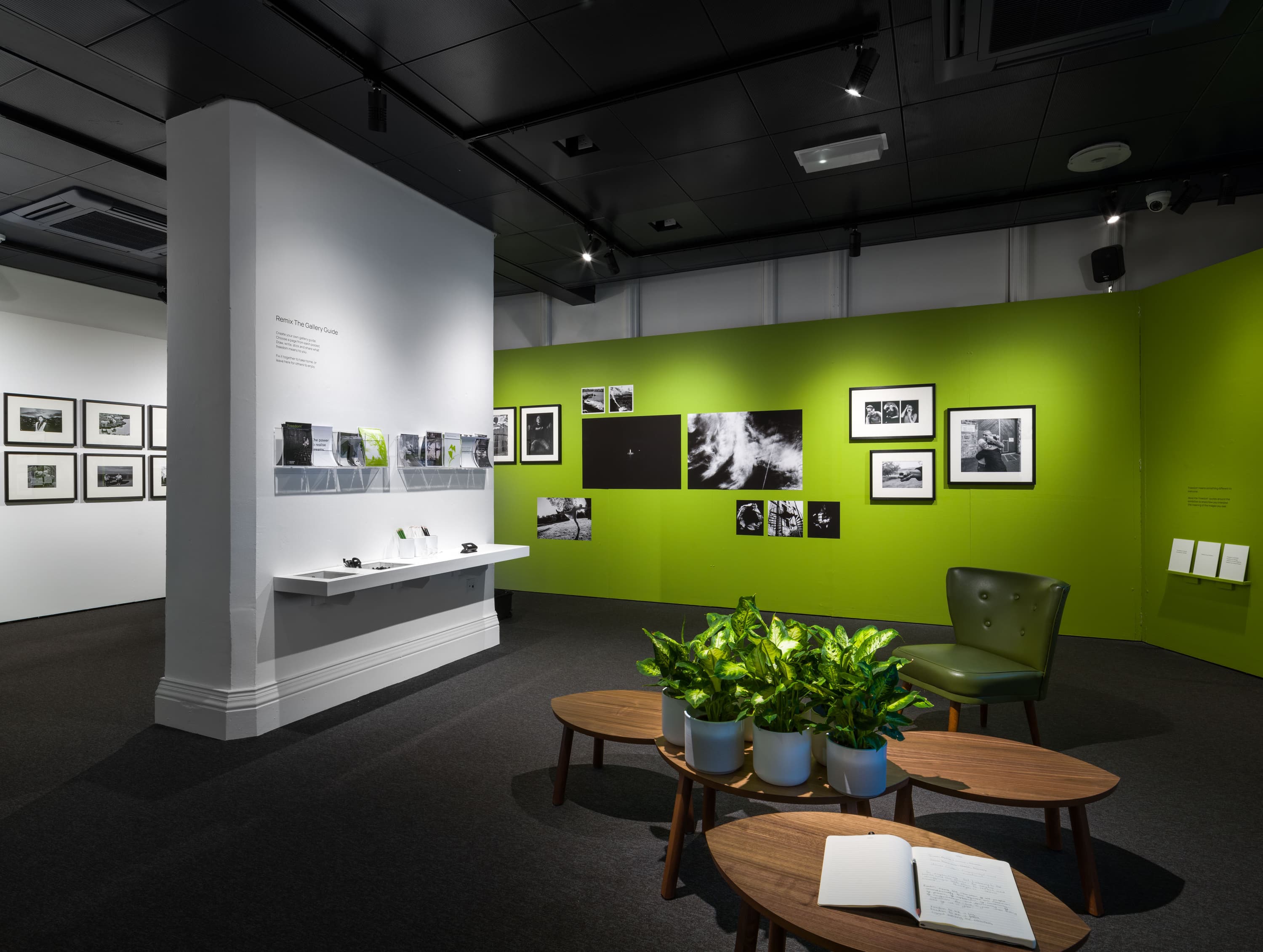
National Justice Museum announce recipient of £1000 photography award
The National Justice Museum has announced the recipient of a £1000 prize as part of their Freedom photography exhibition. The award includes a creative residency at the National Justice Museum in 2023 with a £1,000 budget, decided by a panel of esteemed and expert photographers Brian Griffin, Amanda Sinclair, and Ofilaye.
Read more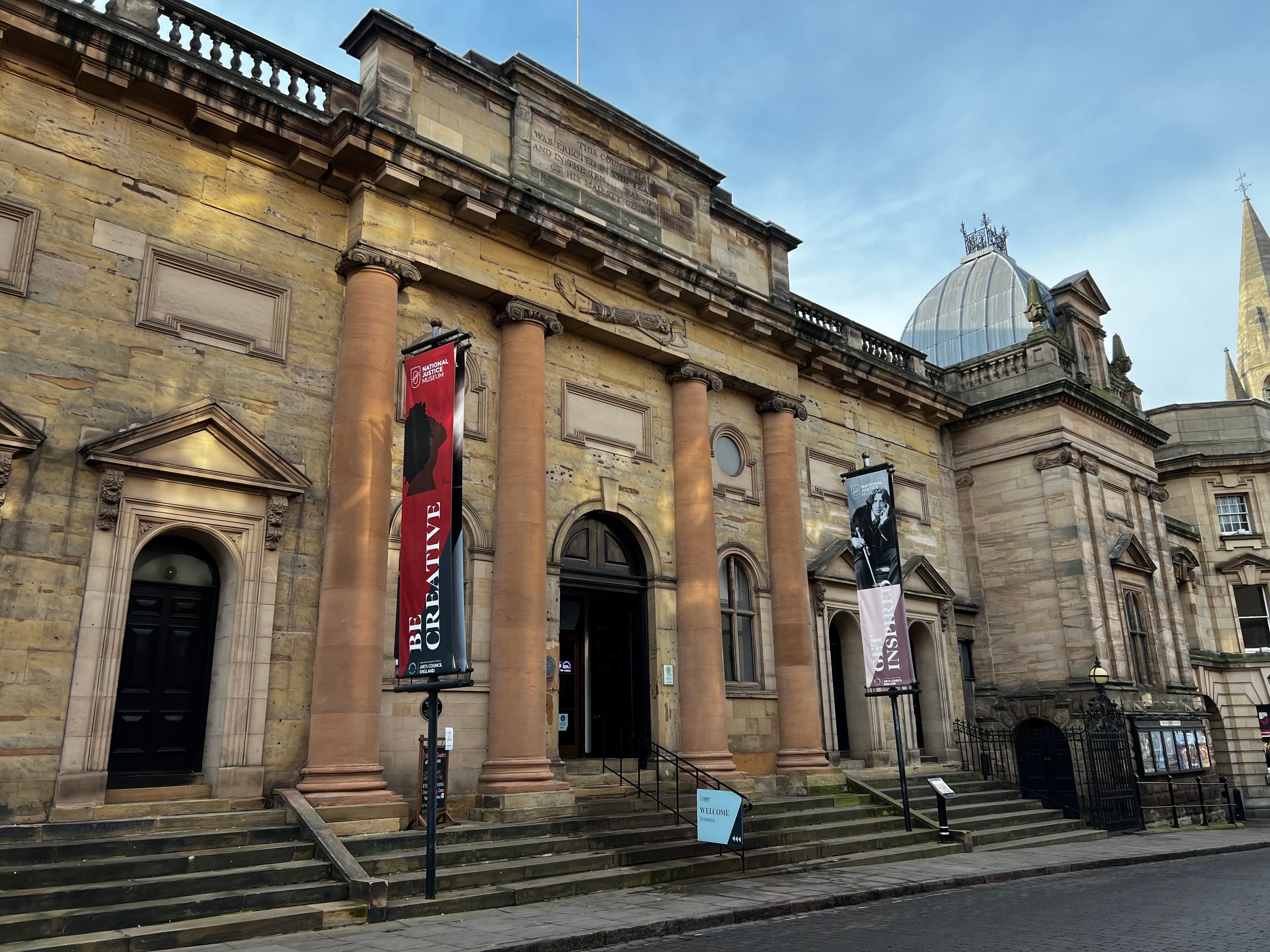
National Justice Museum recognised as one of England’s outstanding cultural organisations through Arts Council England’s National Portfolio
The scheme highlights leading arts and heritage organisations in the country and comes with over £700,000 of investment for the Lace Market venue
Read more
National Justice Museum’s new open-call photography exhibition, Freedom, to open in November
The exhibition opens on Saturday 12th November and will feature over 200 black and white images submitted by the public
Read more
The National Justice Museum explores untold stories of Black presence
Tours, events, and displays are planned throughout October in the culmination of months of research into Black presence at the historic site
Read more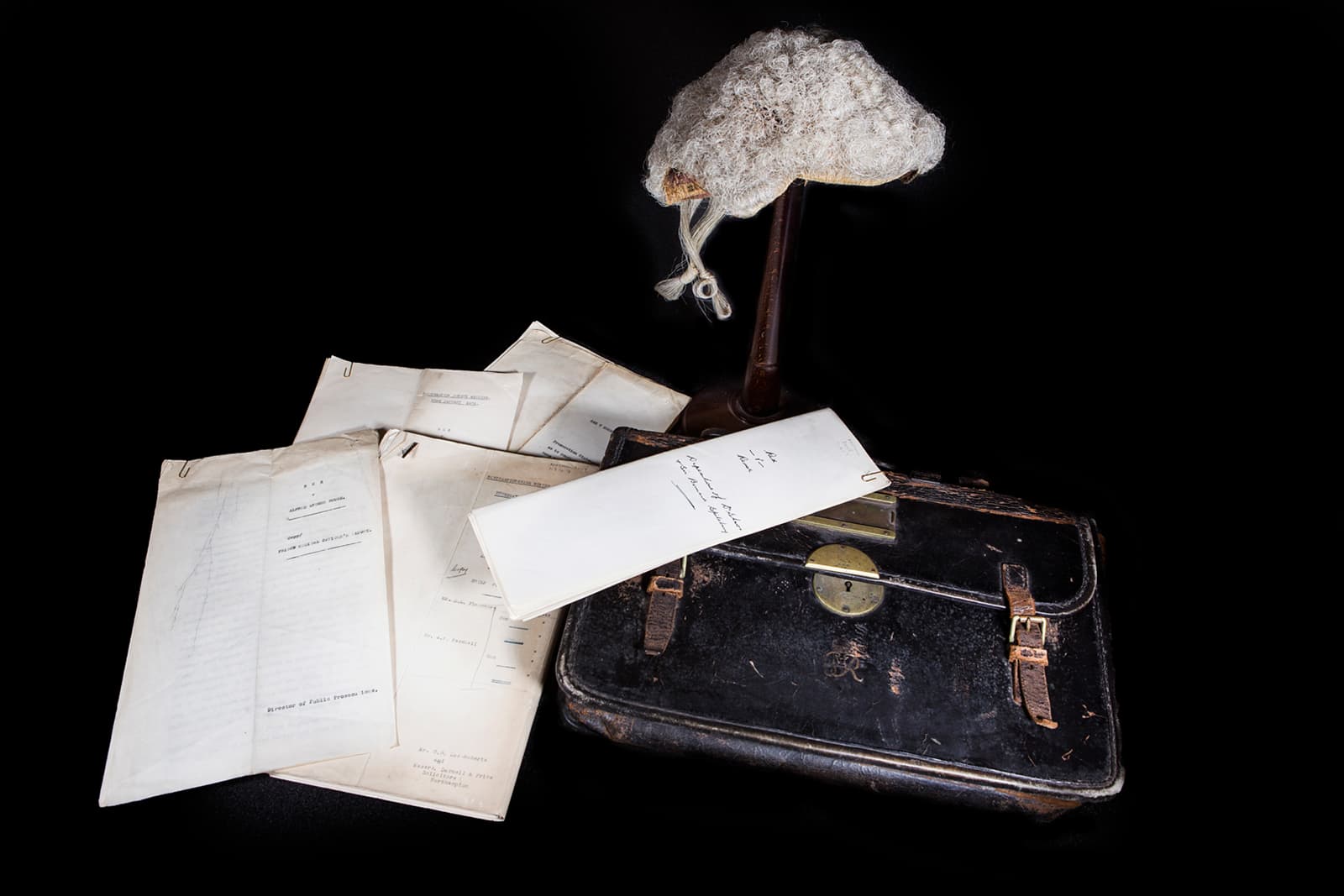
National Justice Museum opens call out for object donations from Black Legal Professionals
The National Justice Museum is looking to expand its collection to reflect the diversity within the legal profession, and to share the lived experiences and the contributions made by Black legal professionals.
Read more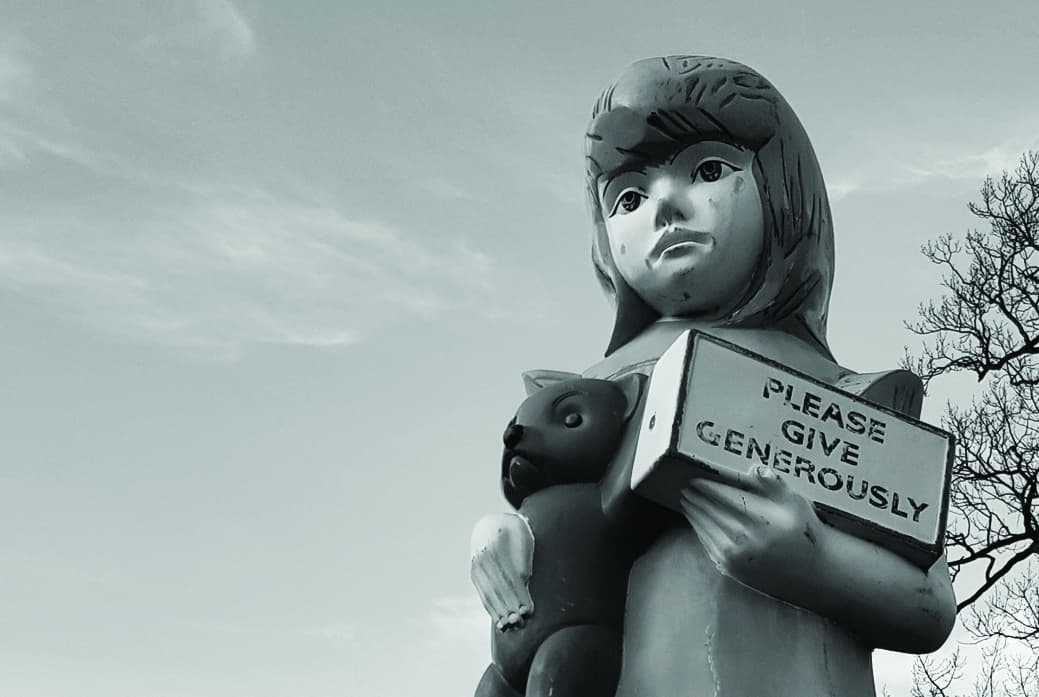
National Justice Museum announces judges for Freedom photography competition
World world-renowned photographer, writer and director Brian Griffin leads a panel of judges for the National Justice Museum’s open call photography exhibition on the theme of Freedom. Griffin, along with fellow judges Amanda Sinclair and Ofilaye, will choose from hundreds of applicants to award a creative residency at the National Justice Museum in 2023 with £1,000 budget for the lucky winner.
Read more
National Justice Museum Wins 2022 Tripadvisor Travellers’ Choice Award
National Justice Museum today announced it has been recognised by Tripadvisor as a 2022 Travellers’ Choice award winner. The award celebrates businesses that have received great reviews from travellers around the globe on Tripadvisor over the last 12 months. As challenging as the past year was, National Justice Museum stood out by consistently delivering positive experiences to travellers.
Read more
Rolls Building Art and Education Trust & The Technology and Construction Court Art Competition
2023 is the 150th anniversary of The Technology and Construction Court (TCC), a major specialist Court that deals with disputes about building, engineering and all kinds of technology including software. The TCC is based in the Rolls Building, a spacious and modern courthouse in London's legal heartland.
As part of the anniversary celebrations, there will be a competition for young artists. Entries can be 2D artworks in any medium (except exclusively photography) and relate to the themes of Construction or Technology.
Read more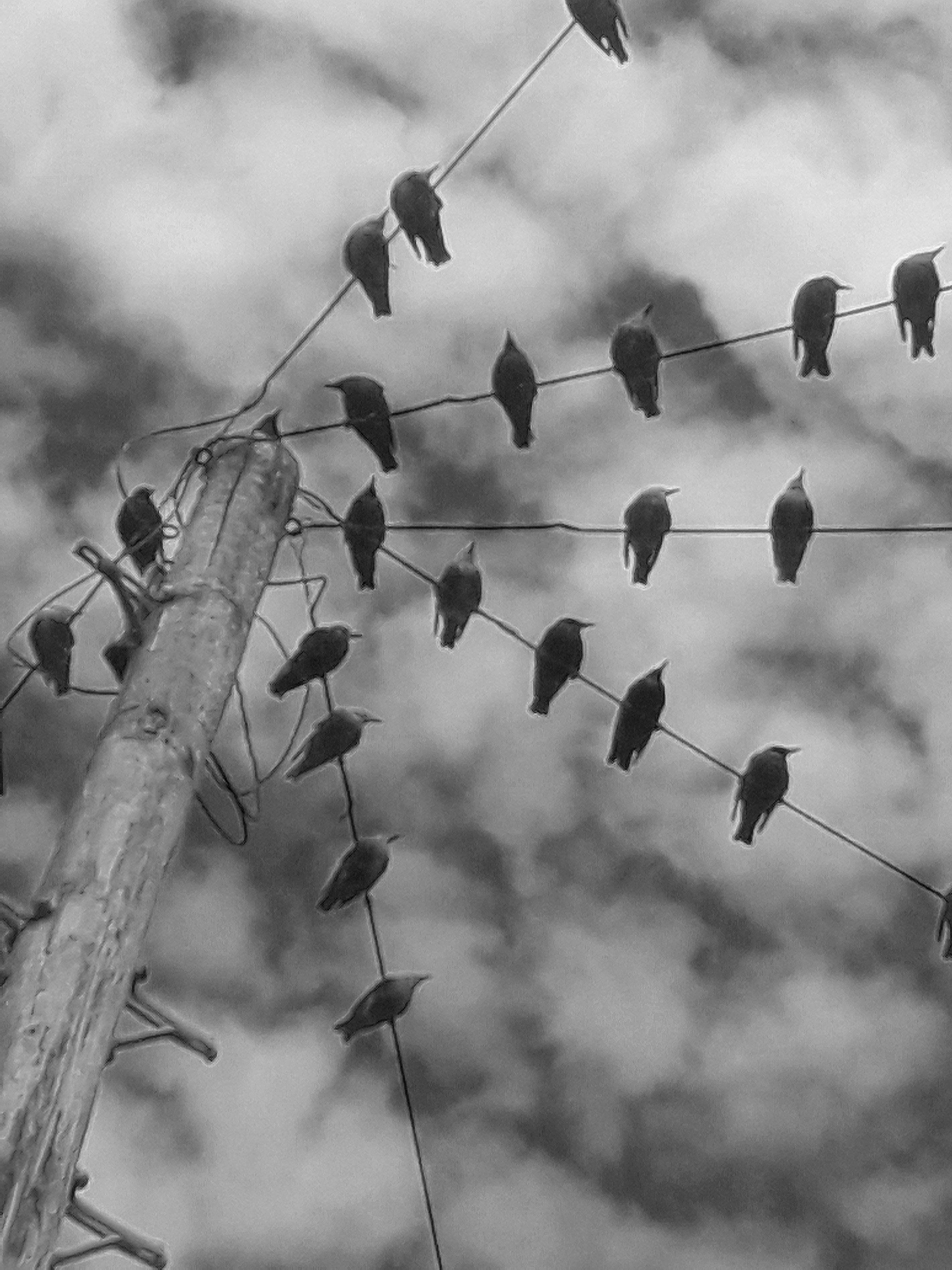
National Justice Museum opens submissions for photography exhibition with a £1,000 prize at stake
The call out is open to photographers from around the UK, from professionals to amateurs
Read more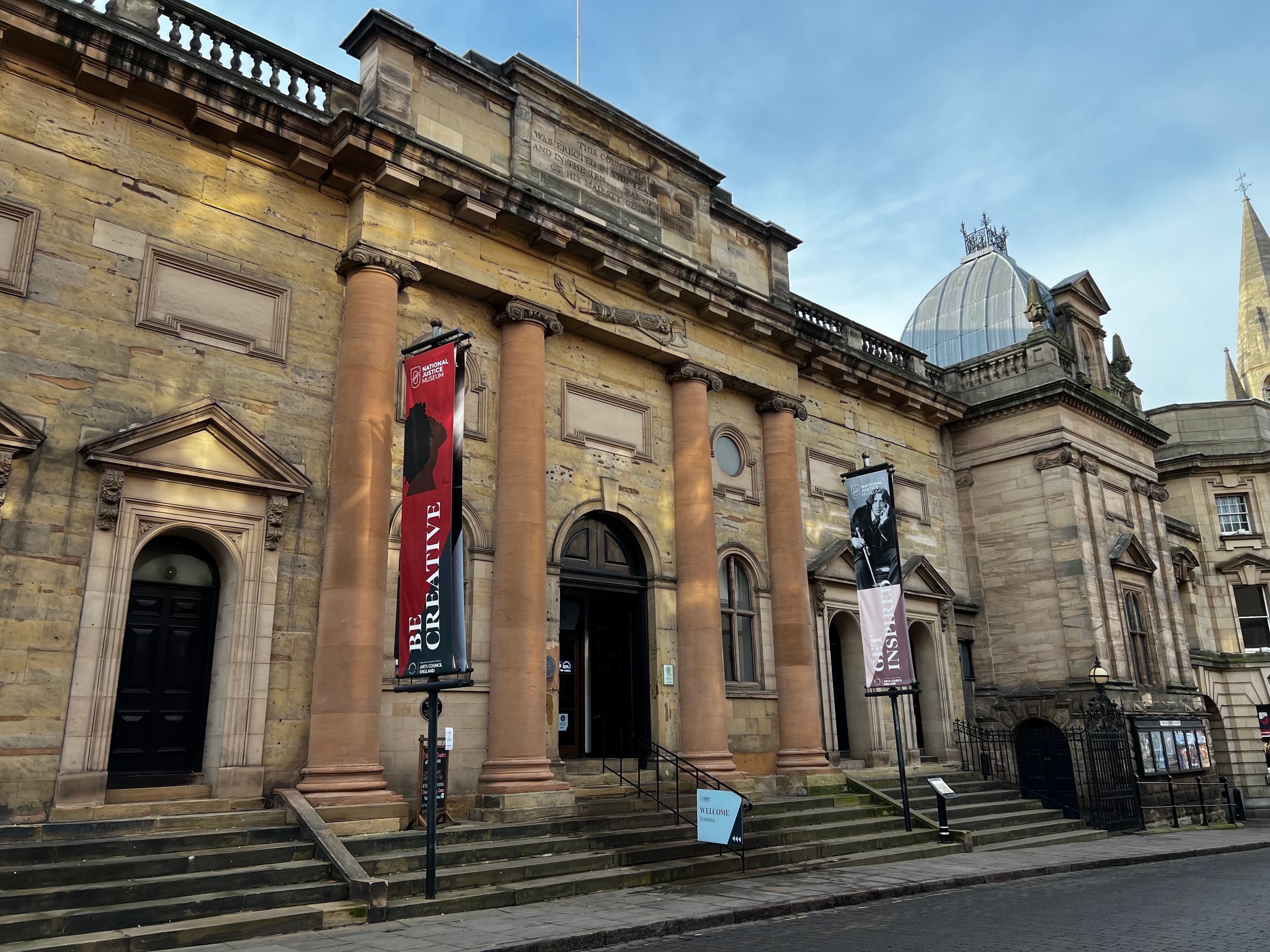
National Justice Museum to receive £362,900 in fund which helps safeguard nation's cultural heritage
The National Justice Museum in Nottingham has been awarded a grant of £362,900 by the Department for Digital, Culture, Media and Sports, delivered by Arts Council England.
Read more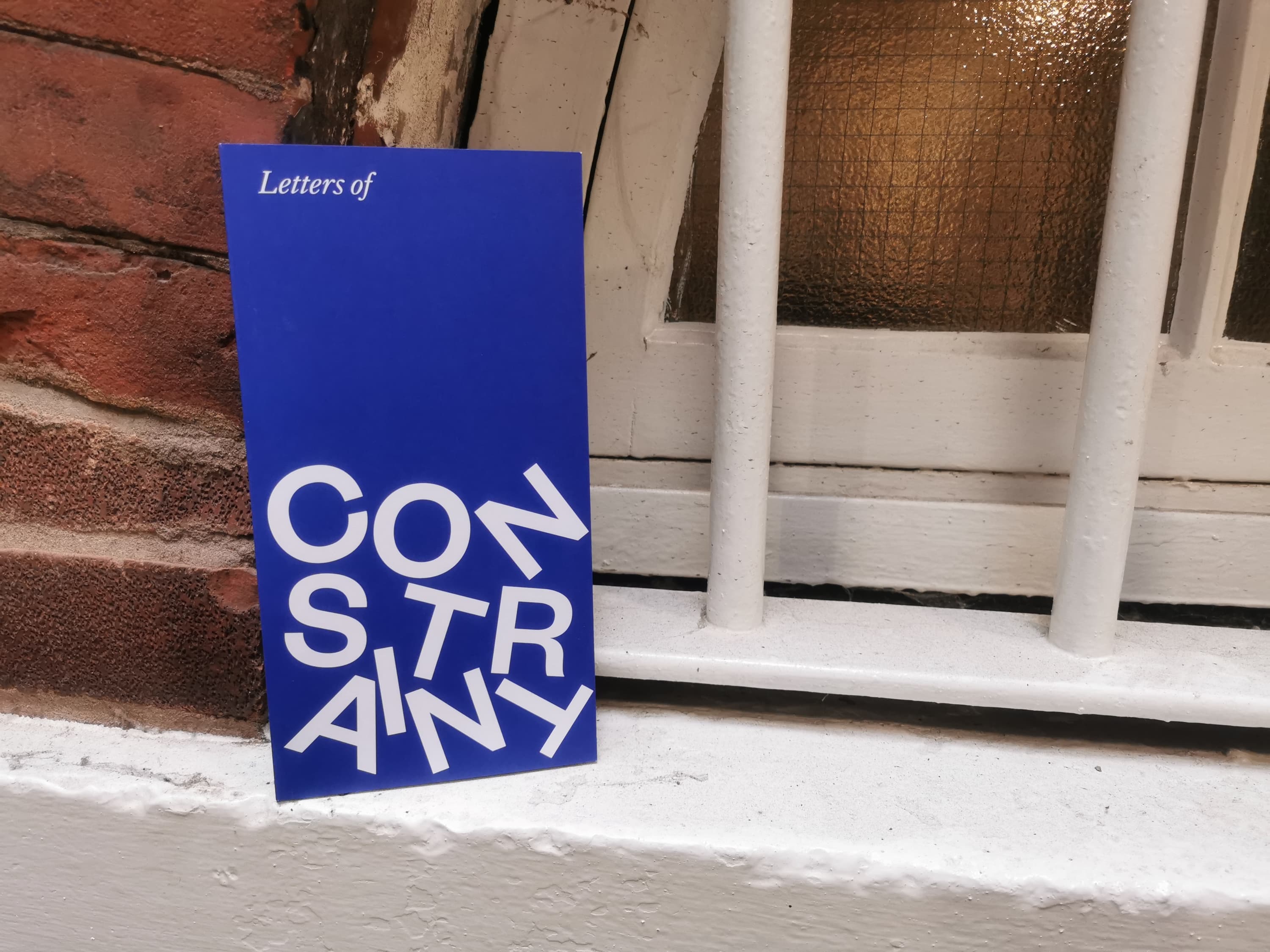
The National Justice Museum publishes Letters of Constraint
The newly released book is an intimate collection of letters and diary entries from lockdown
Read more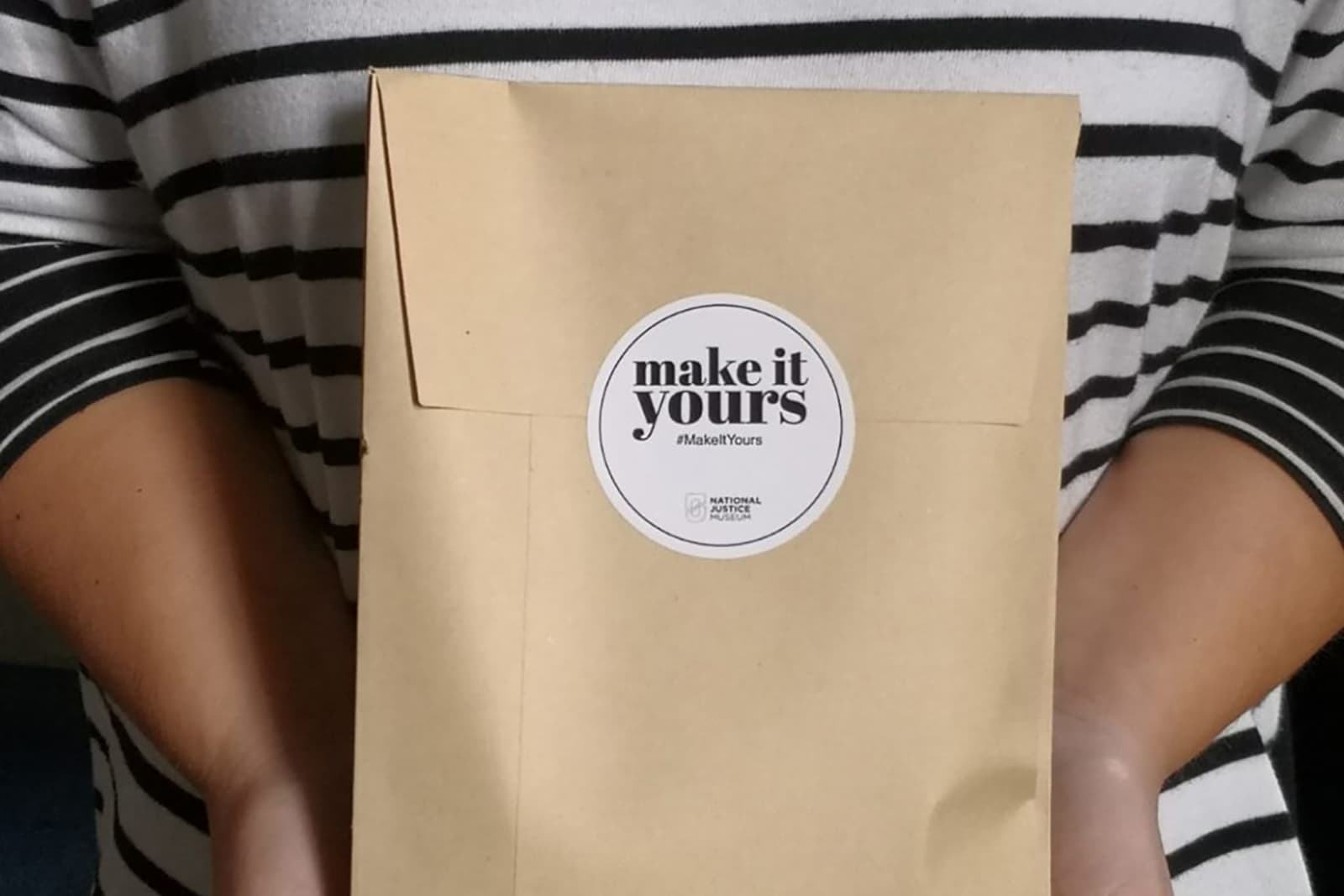
National Justice Museum wins Best Museums Change Lives Project at Museums Change Lives Awards 2021
The National Justice Museum has been awarded the Best Museums Change Lives Project at this year’s Museums Change Lives awards for our Make it Yours: Workshops in an Envelope project.
Read more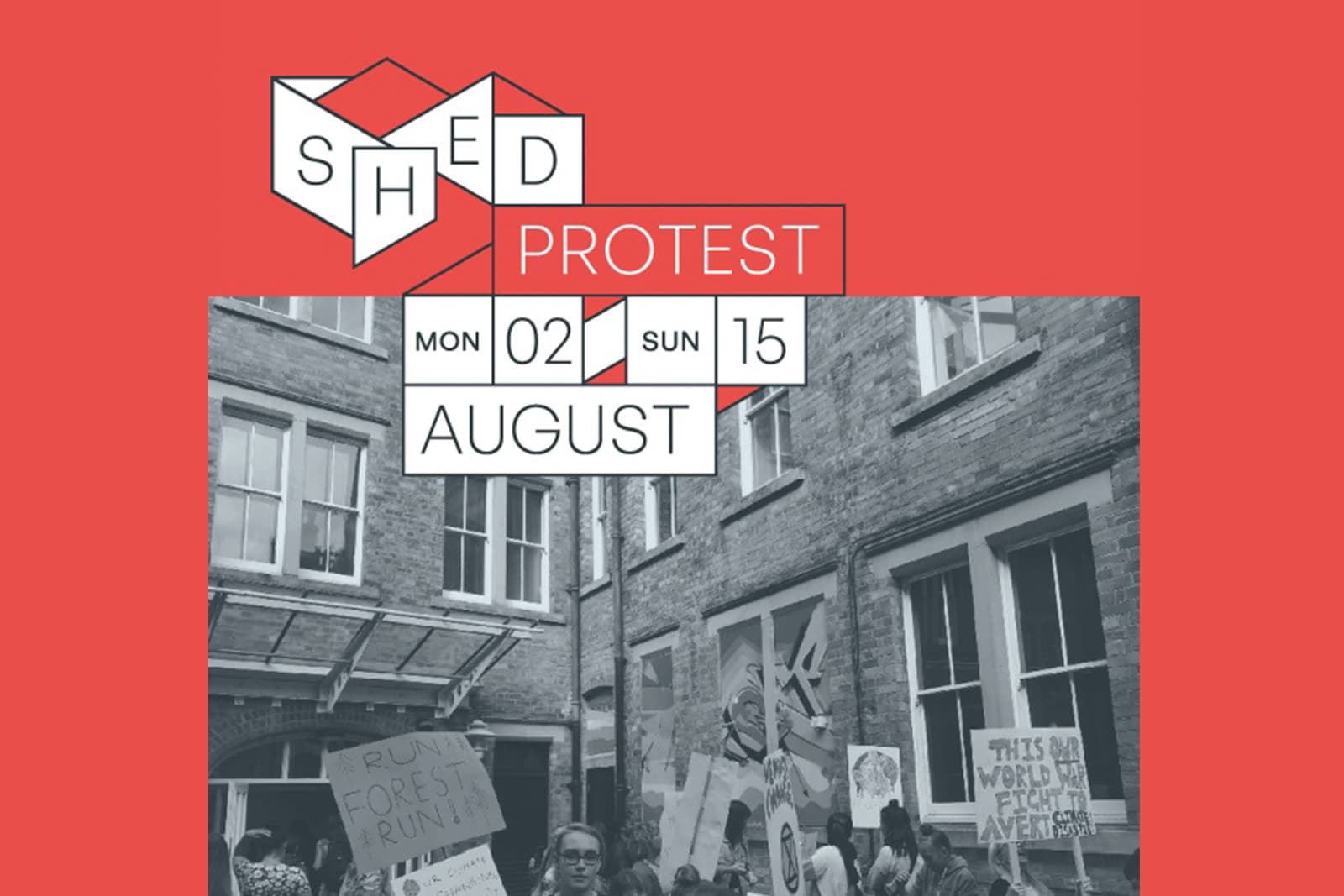
Welcome back S.H.E.D!
For two weeks in August 2021 summer, the National Justice Museum hosted a variety of exciting events, film screenings, talks and activities as part of S.H.E.D - the Social Higher Education Depot.
Read more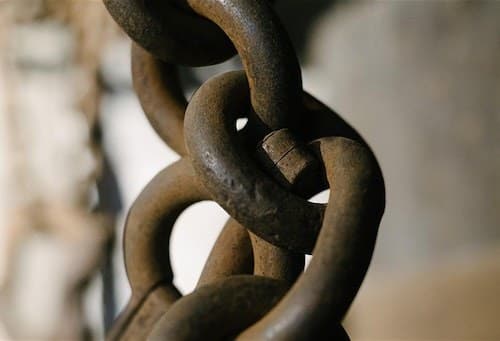
‘Freed Soul’ letters
For Women’s History Month 2021, we’re sharing a collection of Charlotte Bryant letters from our archives.
Read more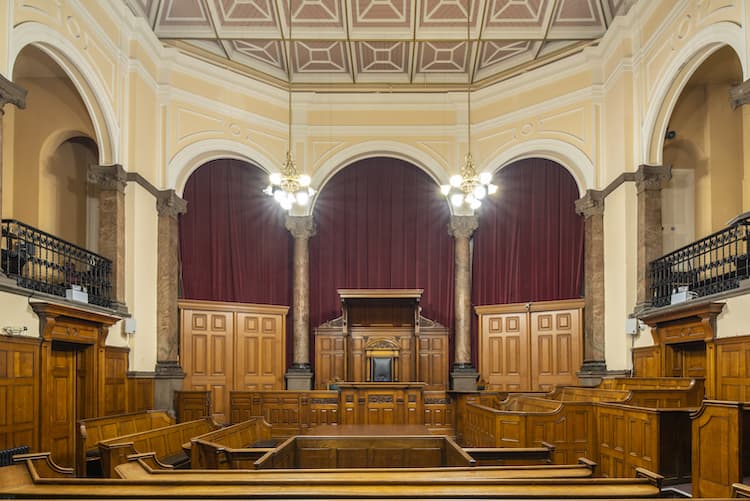
Justice week 2021
An interview with His Honour Judge John Burgess about the impact of COVID-19 on legal proceedings in Nottingham.
Read more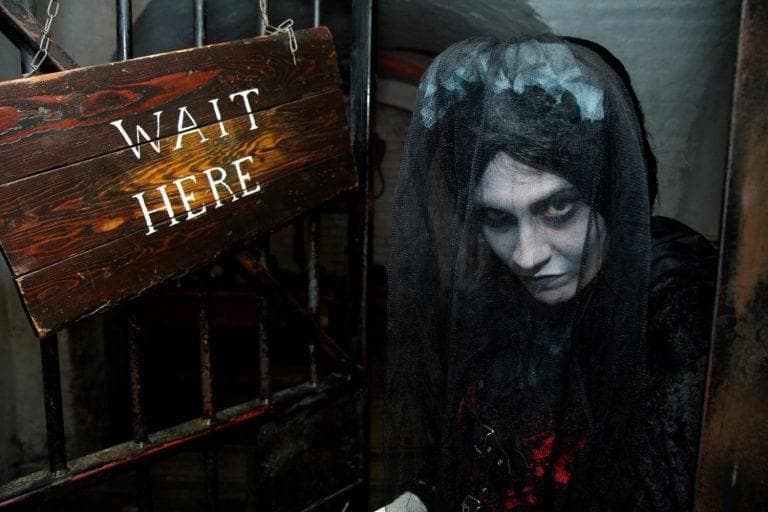
Ghost stories with Claire
We catch up with our former ghost tour extraordinaire Claire Finn to see whether she has any spooky stories to tell.
Read more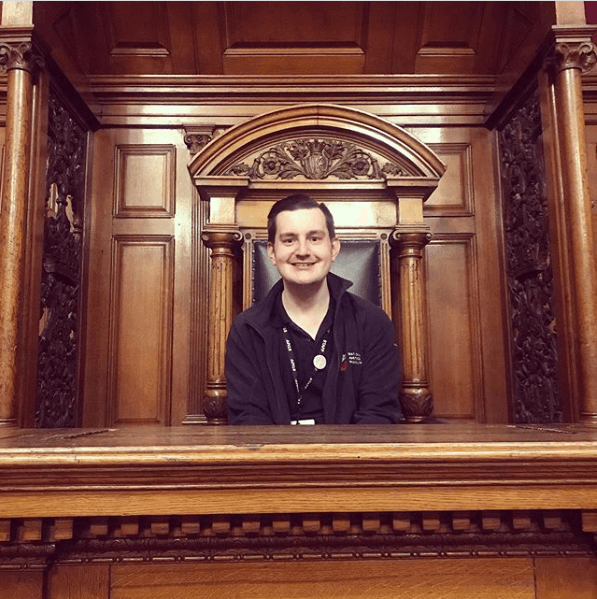
Autism and me
Michael, one of our educational facilitators at the National Justice Museum tells up about the positives of being Autistic.
Read more
Staying proud
With so many changes within legislation and human rights, the question has emerged in recent years; why is Pride still relevant?
Read more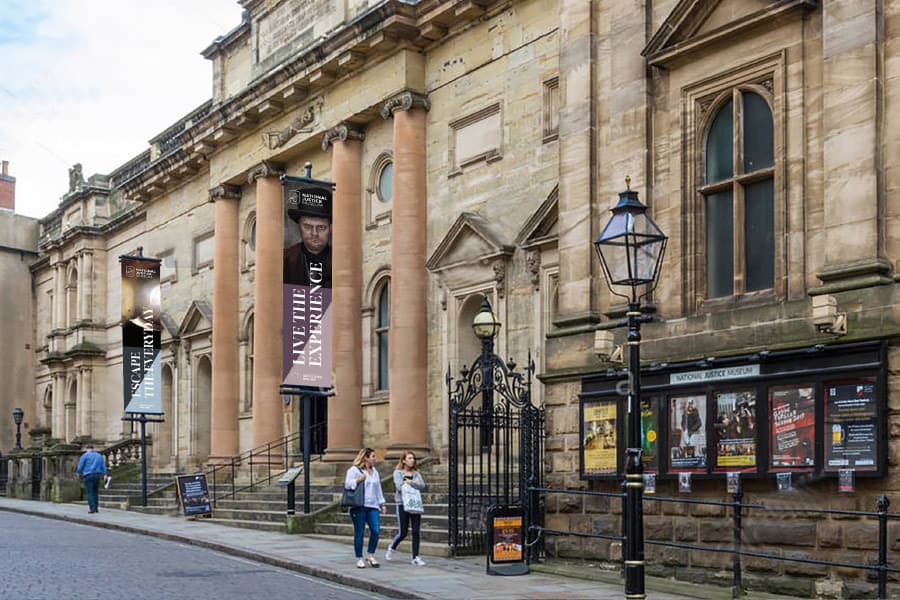
Ultimate travel list
We’re delighted that the National Justice Museum has been chosen as one of the 500 top experiences and hidden gems in Great Britain.
Read more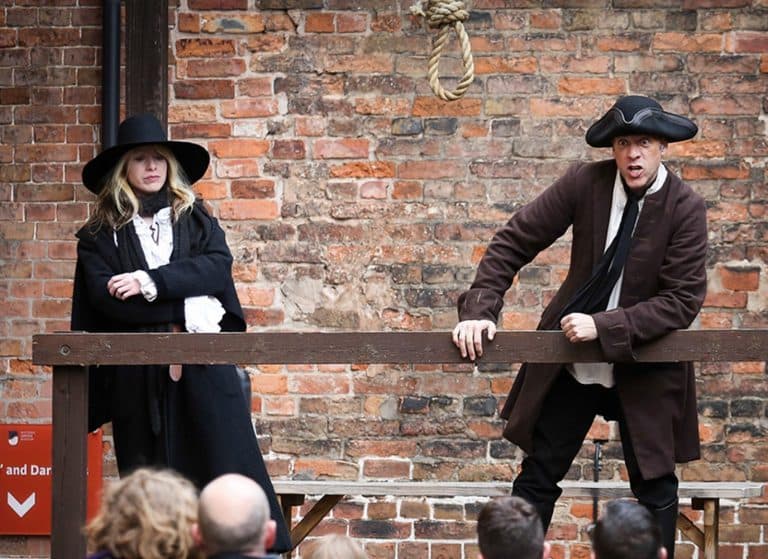
The ‘Bloody Code’?
The Bloody Code imposed the death penalty for over 200 offences – many of which were surprisingly trivial.
Read more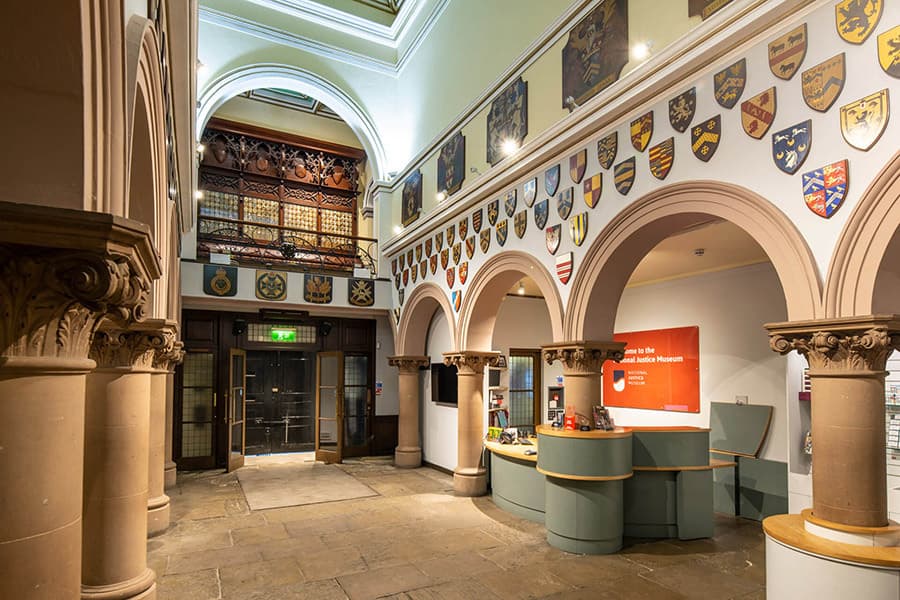
Sandford award
Nottingham’s National Justice Museum has received a prestigious Sandford Award for Heritage Education.
Read moreWe like to keep in touch…
Stay bang up to date with all that’s happening at the National Justice Museum by signing up for our free newsletter, sent straight to your inbox.




